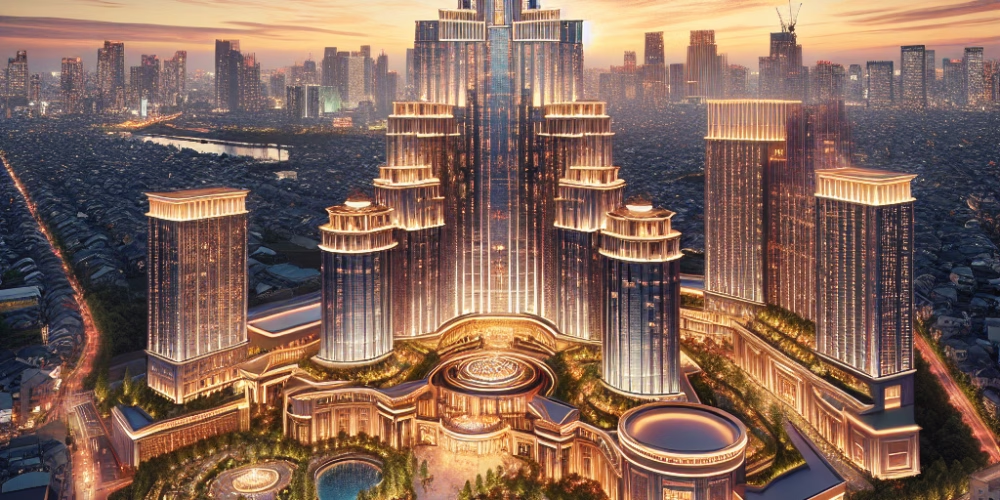Tokyo, Japan – In a landmark decision, Tokyo has officially been greenlit to host its first casino resort, marking a significant shift in Japan’s gambling landscape. This development follows years of legislative battles and public debates on the economic benefits versus social risks of legalized gambling within the region. The Japanese government’s Cabinet committee passed the required legislation last week, paving the way for a project that promises to redefine entertainment and tourism in the capital.
The new integrated resort, expected to be located near the bustling Odaiba waterfront area, will feature not only a casino but also hotels, conference rooms, shops, restaurants, and entertainment facilities. This multi-purpose functionality aligns with Japan’s strategy to boost tourism and stimulate local economies by creating a “world-class” entertainment hub that extends beyond traditional gambling.
In an announcement made earlier today, Prime Minister Fumio Kishida highlighted that the resort is projected to create thousands of jobs and attract millions of tourists. “Our vision is to enhance Japan’s appeal as a global tourism destination,” Kishida stated. He emphasized the government’s commitment to implementing robust measures to address gambling addiction and ensure the casino operates within strict legal frameworks intended to mitigate social risks.
The decision comes as Tokyo aims to recuperate from the economic downturn caused by the COVID-19 pandemic, which saw significant declines in international tourism – a key revenue source for Japan. Analysts predict the casino could generate up to $7 billion annually while significantly boosting related sectors such as hospitality and retail.
The selection of the operator for this project remains highly competitive, with international casino giants and local conglomerates vying for the lucrative opportunity. Industry insiders hint that the bidding process will be stringent, with a strong emphasis on candidates’ track records in responsible gambling and economic contributions.
Public response to the approval has been mixed. While many business owners and investors are hailing it as a progressive move toward economic recovery and growth, some local residents and social groups continue to express concerns about potential increases in gambling addiction and its societal impacts. In response, the government has pledged to increase funding for addiction treatment programs and to establish a framework for responsible gambling practices.
Gaming market experts argue that Tokyo’s integrated resort could set a new benchmark for casino operations in Asia, particularly in terms of regulatory compliance and the promotion of responsible gambling. According to David Schwartz, a gaming historian and consultant, “Japan has the potential to redefine how casinos contribute to society by balancing economic benefits with social welfare.”
As Tokyo gears up for this ambitious project, all eyes will be on how it integrates this new facet into its urban landscape and how it navigates the complexities of social responsibility and economic growth. The forthcoming years will undoubtedly be critical in shaping the role of casino resorts in Japan’s economic and social fabric.
The casino resort is slated to begin construction in late 2024 and is expected to open its doors by 2029, just in time to partake in the projected surge in post-pandemic global travel and tourism.
Conclusion
This groundbreaking approval marks a new chapter not just for Tokyo but for Japan as a whole, as it seeks to capture a significant share of the global gaming market while setting new standards in casino management and responsible gambling. As preparations for the development of the resort commence, the world watches keenly to see how this venture will unfold and influence the broader gaming and tourism industries both regionally and globally.

Erik Agary is a seasoned writer at True Games Reviews, specializing in gaming, casino games, and interactive entertainment. With a passion for all things digital, Erik dives deep into the latest trends and developments in the gaming world, offering insightful reviews and detailed analysis. His expertise spans across multiple gaming platforms, ensuring comprehensive coverage that resonates with both novice and experienced gamers alike.


